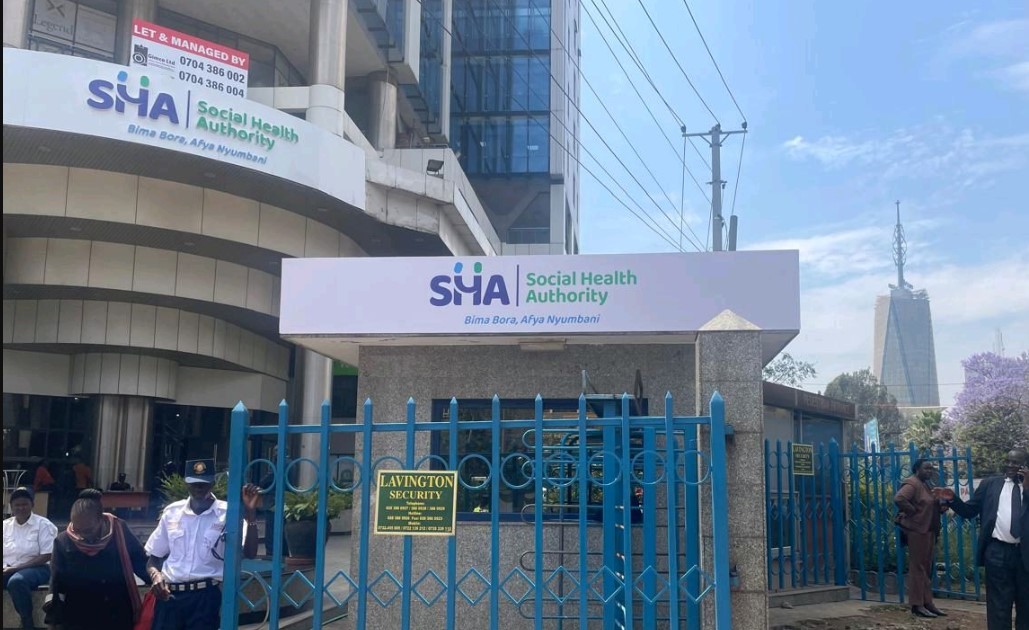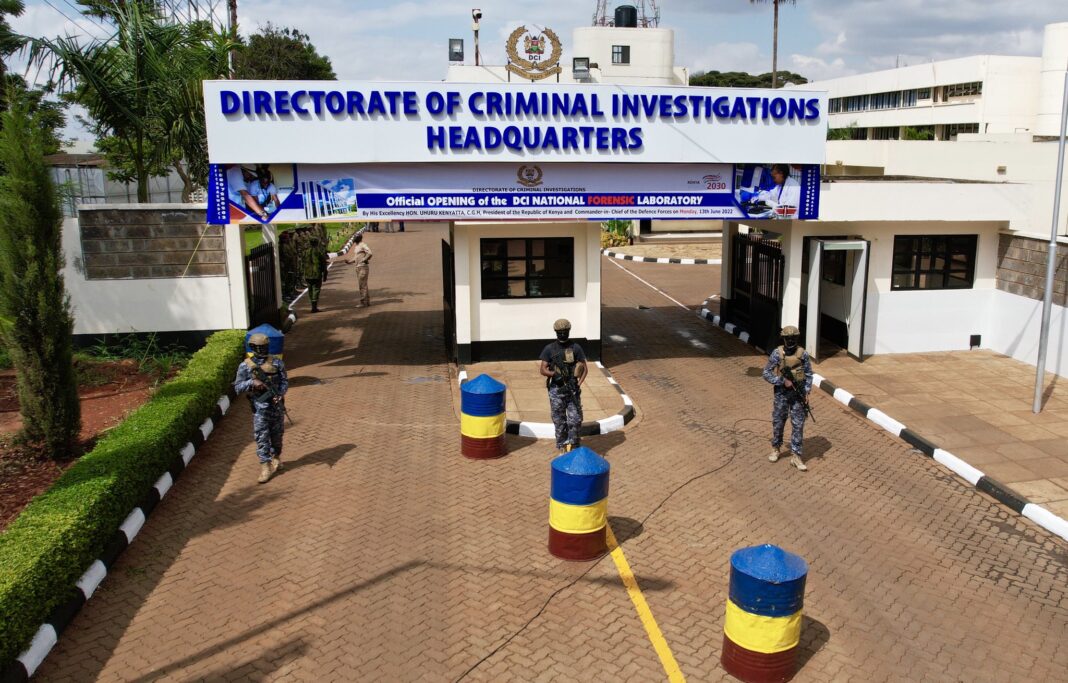The war on health fraud has taken a new twist after the Directorate of Criminal Investigations (DCI) quickly formed a multi-agency team to go after Social Health Authority (SHA) fraudsters. This comes after Health Cabinet Secretary Aden Duale handed over 1,188 files containing evidence of widespread fraud in Kenya’s health sector.
The revelations expose a web of deceit involving hospitals, clinics, and individuals accused of swindling billions through fake claims and illegal practices. Authorities now promise arrests, prosecutions, and asset recovery.

How DCI Moves to Corner SHA Fraudsters
The DCI confirmed it received 1,188 files from SHA and the Kenya Medical Practitioners and Dentists Council (KMPDC). In a hard-hitting statement, the agency said the files would be handled expeditiously.
“Upon receipt of the files, a multi-agency team has been constituted under the leadership of the DCI with a view to expeditiously reviewing the files. The objective of this review is to make sure that all those who have been involved in any form of healthcare fraud will be arraigned regardless of their social status and political affiliations,” the DCI said.
This team will investigate not only individuals but also health facilities accused of fraudulent practices. The DCI emphasized that no one would be spared. The focus is not only on prosecution but also on recovering stolen assets and ensuring justice is served.
Health CS Aden Duale revealed that the files were divided into three categories. Category 1 contains 24 health facilities with proven evidence of fraud. Category 2 involves 61 facilities with ongoing fraud investigations. The third category holds 105 cases that had been closed by KMPDC but still had contracts with SHA.
KMPDC submitted 988 of the 1,188 files. Many of them expose facilities operating outside the law or engaging in false billing and manipulation of records.
Fraudulent Schemes by Healthcare Facilities
The evidence paints a grim picture of systemic fraud. Several hospitals and clinics are accused of engaging in schemes meant to milk SHA funds at the expense of patients.
Among the tactics used by these facilities include:
- Billing for expensive procedures never carried out.
- Falsifying records to inflate claims.
- Converting outpatient visits into inpatient stays to increase payouts.
- Submitting claims for services provided to non-existent patients.
If found guilty, these facilities face severe penalties. Under Section 48(5) of the Social Health Insurance Act, 2023, those proven to have altered information to defraud SHA face fines of up to Ksh2 million. They also risk suspension and being removed from SHA’s list of empanelled providers.
The law is even harsher on individuals running unlicensed facilities or employing unregistered practitioners. Such offences attract fines of up to Ksh10 million or imprisonment not exceeding five years, under Section 22(4) and (5) of the Medical Practitioners and Dentists Council Act, CAP 253.
Wide Crackdown on Rogue Health Facilities
The SHA probe comes days after the KMPDC launched a nationwide crackdown that saw 544 health facilities closed and licences of 454 hospitals revoked. These facilities were found to be operating illegally, using unqualified personnel, and violating SHA regulations.
A gazette notice issued on August 29 confirmed the closure and downgrading of these facilities. Officials said they acted to protect patients and curb the misuse of public funds meant for healthcare services.
For years, Kenyans have raised concerns about the quality of care in some private and public facilities. Reports of ghost patients, overbilling, and underqualified medics have been common. The latest move by DCI signals a tougher stance against those exploiting the health system.
DCI has promised regular updates on the investigations. The agency has also assured Kenyans that those who looted public health funds will face justice, regardless of their political or social influence.


